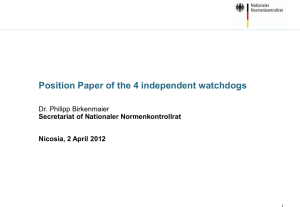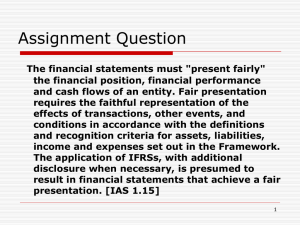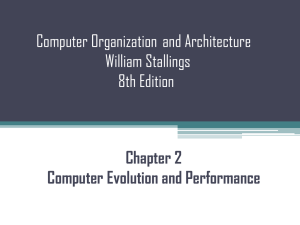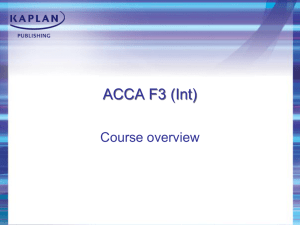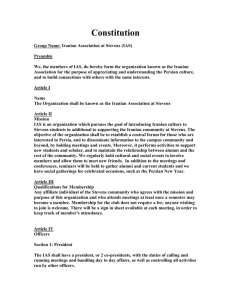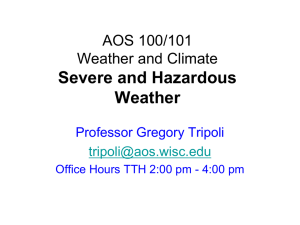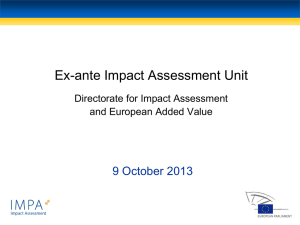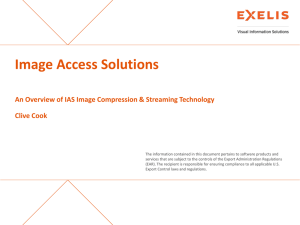presentation slides - British Parking Association
advertisement
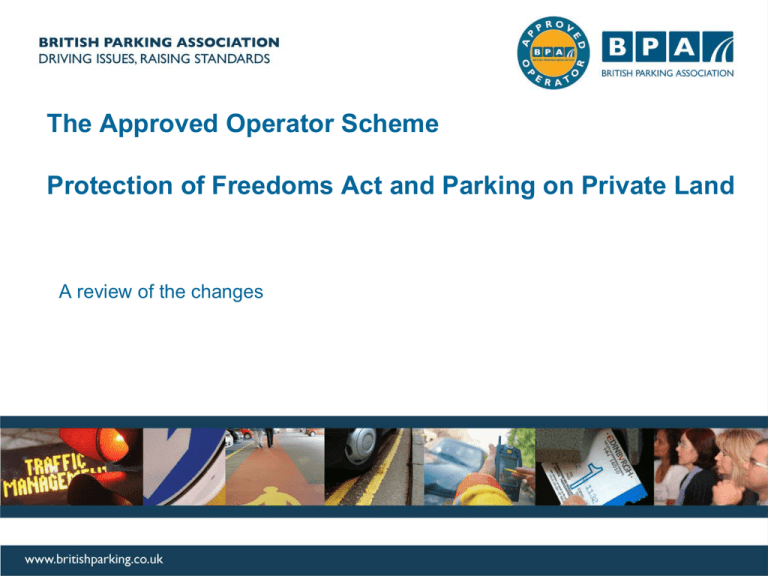
The Approved Operator Scheme Protection of Freedoms Act and Parking on Private Land A review of the changes AOS Update Contents • • • • • • Background Protection of Freedoms Act & Schedule 4 Independent Appeals Service The role of the AOS Code 2012 Summary Background • October 2007 BPA launches AOS • Objective is a regulated environment which is: Fair to both operator & motorist Meets landowners needs • Accredited Trade Association (ATA) status • 17th August 2010 ban on wheel clamping announced Protection of Freedoms Act and private parking • Clamping/towing away on private land generally banned • Exception = where there is “lawful authority” - any statutory provision allowing management of parking • In force beginning October 2012 • Relates to England and Wales, not Scotland & NI • Parking management in England & Wales = ticketing Protection of Freedoms Act and private parking • BPA negotiate Keeper liability in return for Independent Appeals Service (IAS) • Registered vehicle keeper must identify the driver • ATA membership for DVLA information • Keeper Liability gives teeth to enforcement on private land Protection of Freedoms Act and Schedule 4 • Schedule 4 “Recovery of Unpaid Parking Charges” • Specifies a range of requirements for instance: standard contents e.g. tickets processes e.g. serving tickets • Obtaining necessary evidence Independent Appeals Service (IAS) • Keeper Liability only if a credible IAS is in place • London Councils/POPLA will provide the IAS service • Process similar to CPE but: Different legislation AOS Code • Will start October 2012 Five Government principles for the IAS • Independent and be seen to be independent • Free to the motorist • Adjudicator decision binding on the operator • Fully funded by the sector • Available on all tickets issued by an AOS member IAS Processes • Initial appeal to operator, operator provides IAS details • Appeal via letter or email: no personal or telephone appeals • Checklist of requirements for each appeal • IAS independent of AOS/BPA • Annual report from IAS Sector benefits from the IAS • Fair and consistent approach for all stakeholders • Improve quality and customer service standards • Consistent with public sector enforcement • Assist effectiveness of ticketing enforcement The role of the AOS • AOS Code of Practice • Application, approval, audits and sanctions • Central facilitator • Primary legislation • Encourage consistency and professionalism • Accredited training qualifications for Private Parking Code 2012 • Revision to reflect changes in: Legislation e.g. IAS & Freedoms Act Sector e.g. Self ticketing • Review group includes Government & Consumer Orgs. • Aim is to finalise in July 2012 • Transition arrangements Code 2012: Key Principles • Charge levels for AOS - £100 • Follow CPE with discount for prompt payment • IAS decision is binding on the operator • Code timetable & transition arrangements Summary • Clamping banned from October 2012 • Ticketing basis for parking management going forward • Keeper Liability to be introduced • IAS introduced at the same time • Revised AOS Code will provide guidance Any questions ?
